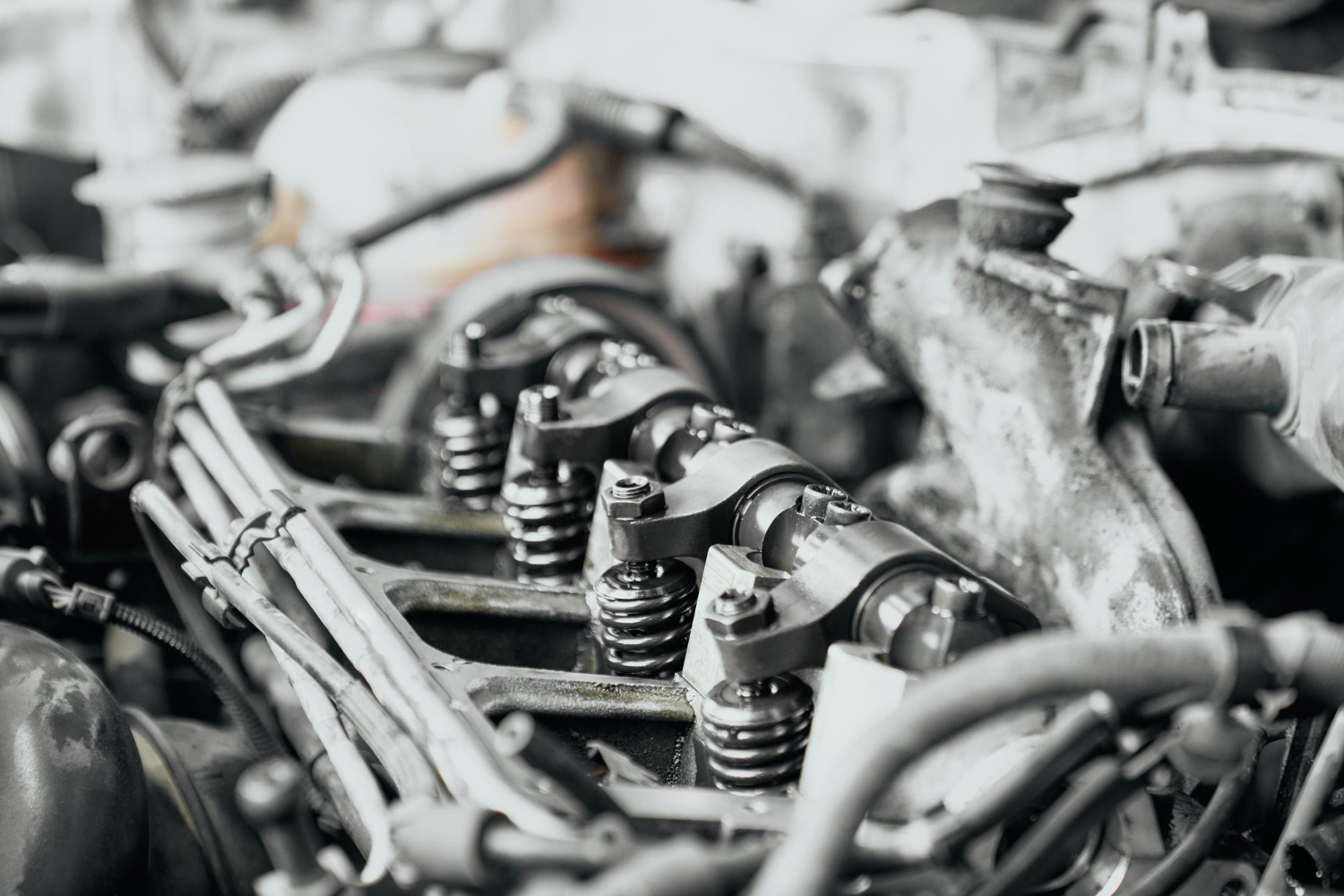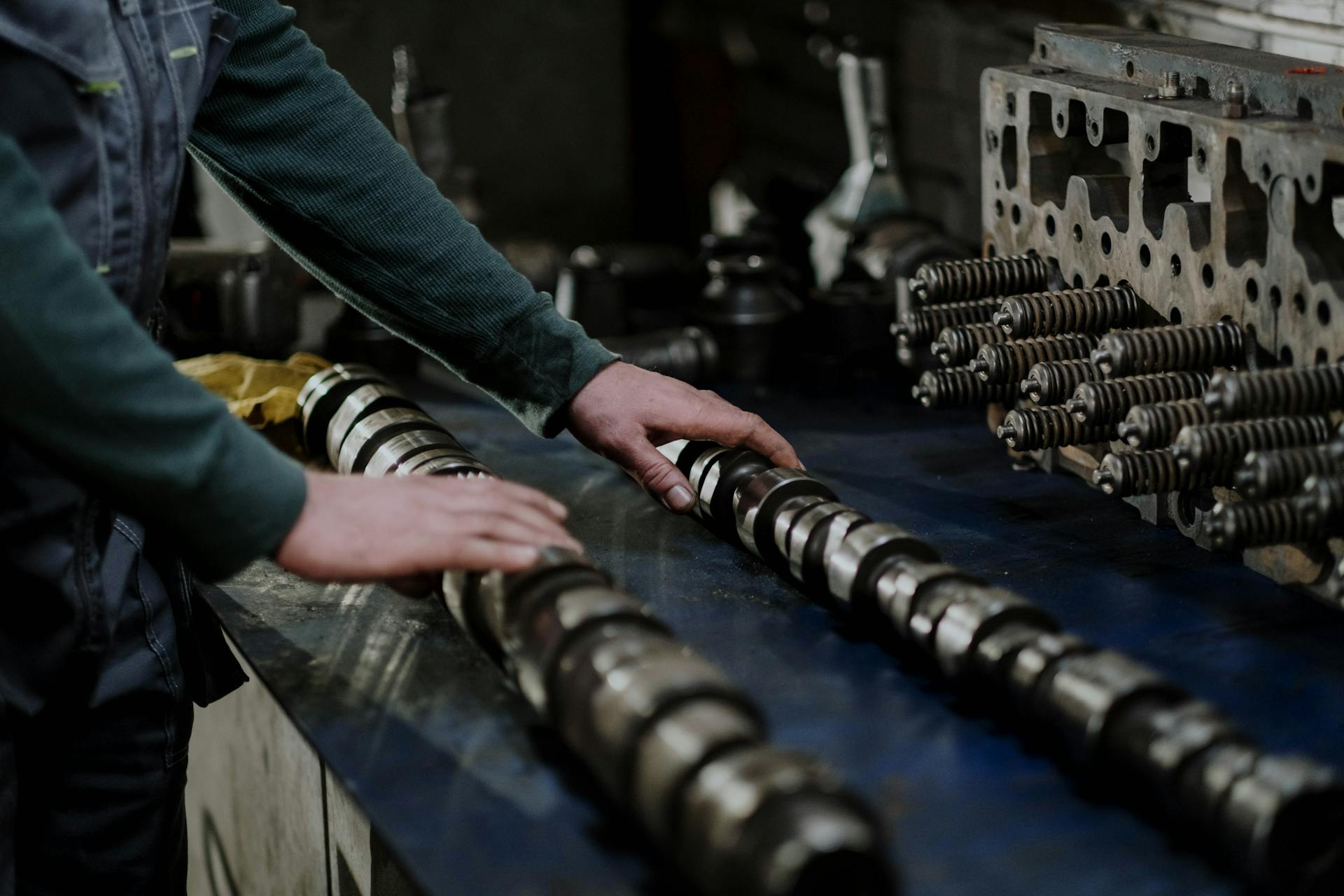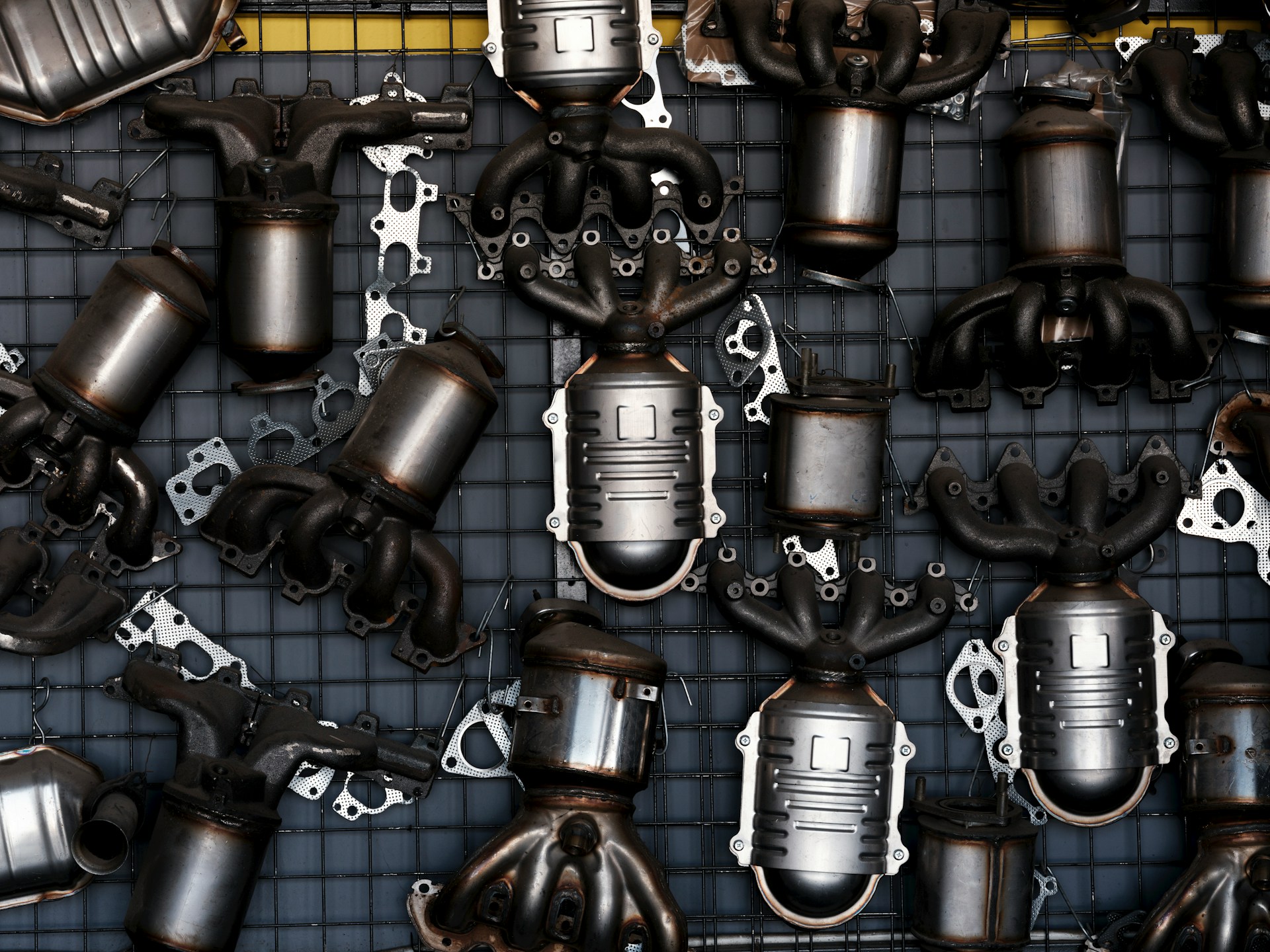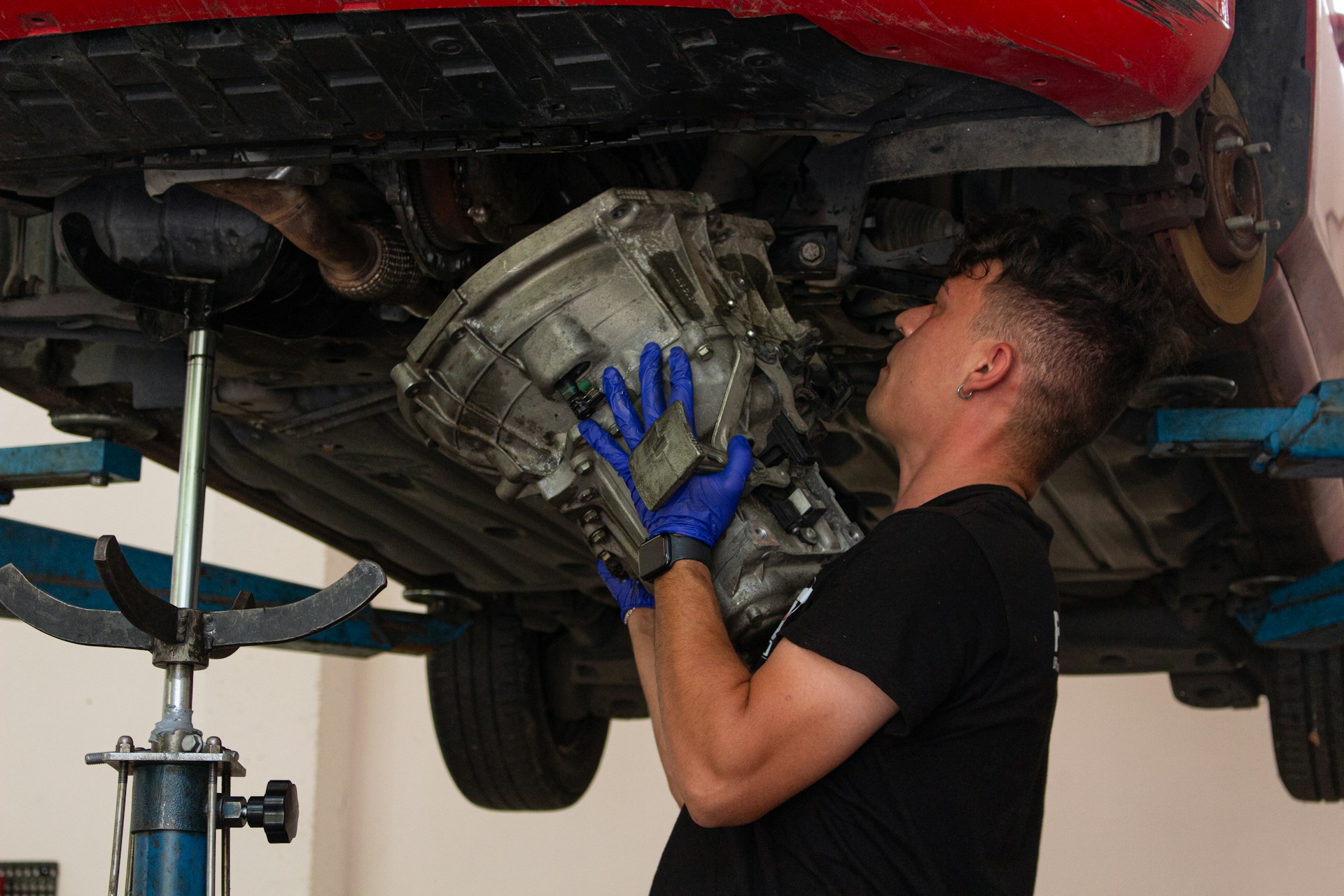
More and more people are leaning towards eco-friendly products and solutions. One significant way to make a positive environmental impact is by choosing remanufactured engines for vehicles. These engines not only cut down on waste but also play a key part in conserving natural resources. By understanding their benefits, we can see how remanufactured engines contribute to environmental sustainability.
Remanufactured engines are taken apart, cleaned thoroughly, and have their parts either repaired or replaced to function like new. This process helps save energy and reduce the need for raw materials compared to producing brand-new engines. As a result, it lowers the overall carbon footprint of automotive manufacturing.
Choosing a remanufactured engine not only benefits the environment but also supports a more sustainable automotive industry. These engines offer a practical way to promote eco-friendly practices while ensuring vehicle reliability and efficiency. With a growing focus on sustainability, remanufactured engines are paving the way for a greener future.
Remanufactured engines offer a smart alternative to new and used engines, providing both economic and environmental benefits. They start with removing an existing engine from a vehicle, after which it gets a thorough cleaning and complete disassembly. During this process, each part is carefully inspected, and any worn or damaged components are repaired or replaced. It’s like giving an old engine a new lease on life, making it work just as efficiently as when it originally came off the production line.
Unlike used engines, which are simply taken from one car and put into another without major refurbishing, remanufactured engines are brought back to their original condition or even improved. This means they come with a level of reliability that you might not expect from a used engine. Plus, they often come with warranties, providing extra peace of mind for car owners.
Using remanufactured engines brings several benefits:
Choosing a remanufactured engine is good for the environment and your wallet. These engines help extend a vehicle’s life while minimizing resource use and waste in the automotive industry.
Remanufacturing engines is a great way to help reduce waste and conserve precious resources. By refurbishing and reusing parts, less waste ends up in landfills. Every time an engine is remanufactured, numerous components are saved from disposal, including metal, rubber, and plastic parts, which would otherwise contribute to environmental pollution.
The remanufacturing process involves recycling parts, which significantly impacts the environment. Here’s how it works:
1. Disassembly: Engines are taken apart, and each part is cleaned and inspected.
2. Reconditioning: Damaged parts are restored to meet the original manufacturer’s standards.
3. Replacement: Worn-out parts are replaced with new or refurbished ones.
4. Reassembly: The complete engine is reassembled and tested for quality assurance.
This process not only conserves raw materials but also saves the energy needed to create new parts. Creating new engines from scratch demands mining, processing, and manufacturing, leading to energy consumption and greenhouse gas emissions.
By keeping raw materials in use longer and reducing the need for new parts, remanufacturing supports a sustainable cycle of production and consumption. It demonstrates how the automotive industry can adopt effective practices that lead to resource conservation and waste reduction.
Remanufactured engines can significantly boost energy efficiency in vehicles. By restoring them to like-new condition, these engines operate optimally, using fuel more efficiently. This efficient fuel utilization means your vehicle can go a longer distance on the same amount of fuel, saving energy and reducing consumption in the process.
Moreover, remanufactured engines contribute to lowering vehicle emissions, thanks to modern upgrades and technologies integrated during the remanufacturing process. These upgrades may include enhanced fuel injectors and advanced engine management systems that ensure the engine runs cleaner.
Here are ways remanufactured engines help lower emissions:
These aspects make remanufactured engines an appealing choice for eco-conscious drivers, offering a chance to give vehicles a greener footprint while enjoying excellent performance. By choosing remanufactured engines, you support cleaner air and a healthier planet.
Remanufactured engines play an essential role in fostering a sustainable automotive industry. This approach not only conserves resources and reduces waste but also aligns with sustainable manufacturing practices.
By opting for remanufactured engines, companies reduce the demand for new raw materials. This leads to less mining and drilling, lowering the negative impacts on natural environments. Additionally, the remanufacturing process is labor-intensive, often supporting local job creation and strengthening economies.
Consumers can also actively participate in sustainability by making thoughtful choices. Here are some ways to make eco-friendly decisions:
By embracing remanufactured products, both the industry and consumers can contribute to a more sustainable and responsible future, helping reduce environmental footprints through smart decision-making.
As we strive for a healthier planet, remanufactured engines pave the way toward sustainability. By choosing these engines, the automotive industry reduces waste, conserves energy, and minimizes harmful emissions. Moreover, remanufacturing supports local economies and jobs, making it an industry that benefits both the environment and society.
The decision to invest in remanufactured engines enables a shift towards a more sustainable transportation system. These engines offer a practical solution for those looking to extend their vehicle’s lifespan responsibly. With their numerous benefits, remanufactured engines serve as a bridge connecting automotive needs with ecological mindfulness.
Thinking about making your car both eco-friendly and reliable? Discover our extensive range of remanufactured engines and car parts in Houston at Airline Auto Parts. Our expertise and quality assurance will help you find an engine that suits your ride while supporting a greener planet.

February 15, 2026 Why Drivers Turn To Used Car Parts In Ho...
When To Replace A Used Engine In Houston...

February 8, 2026 What To Ask Used Car Parts Dealers Befor...

How Used Vehicle Spare Parts Help With C...

February 1, 2026 Where To Start With Used Parts In Housto...

What To Expect From Car Parts In Houston...

January 25, 2026 Why Used Auto Parts Matter More During W...

Hidden Risks Of Salvage Car Parts In Hou...

January 18, 2026 The Right Time To Buy Used Parts In Hous...

January 11, 2026 Everything To Know About Used Diesel Eng...
Leave a Reply
You must be logged in to post a comment.